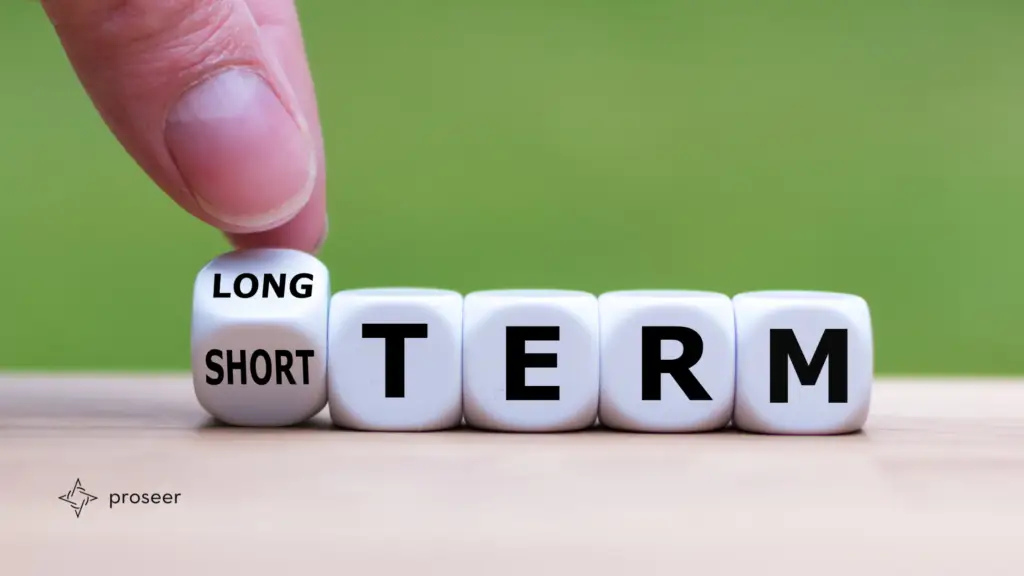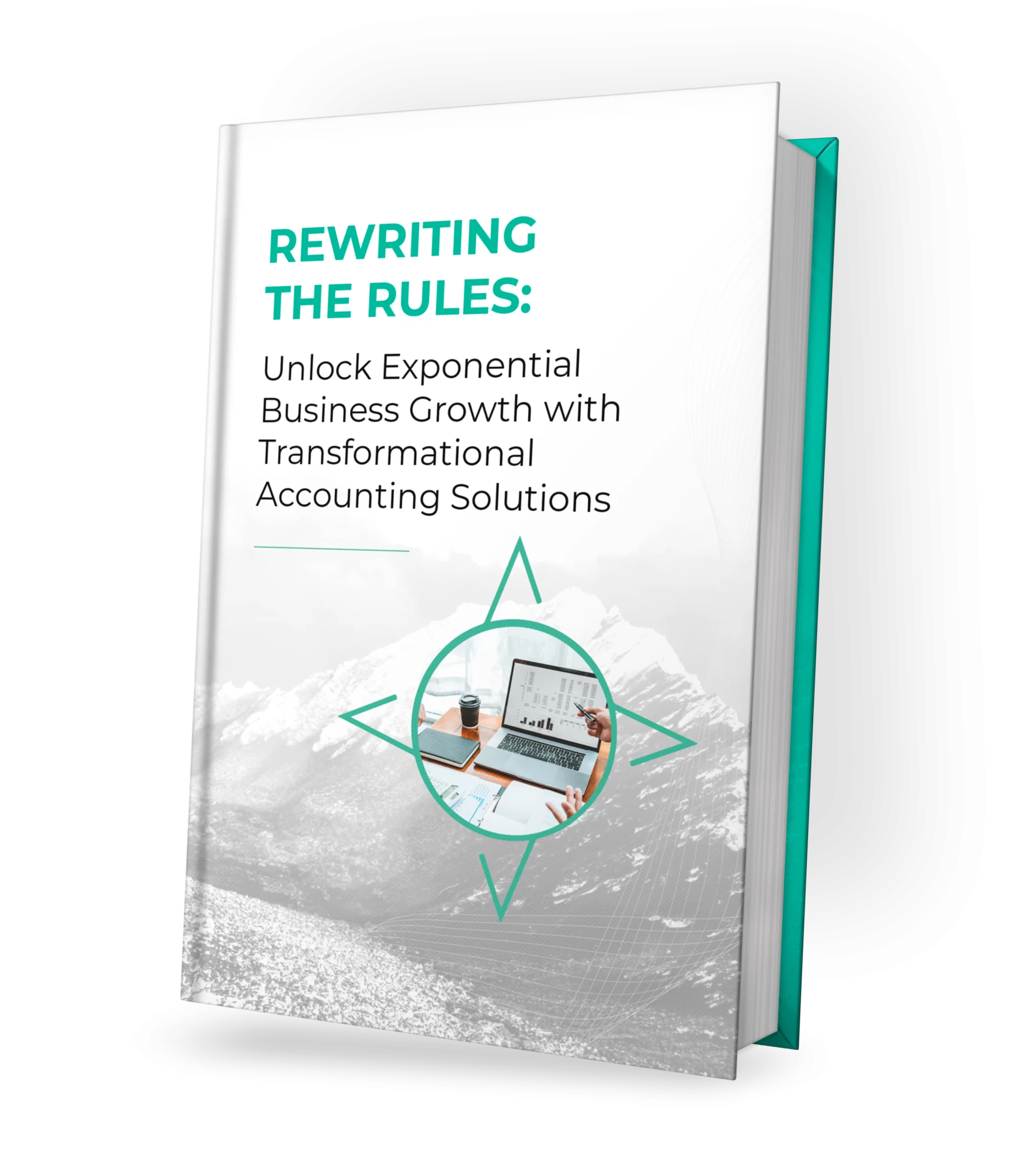Tax Differences Between Short-Term and Long-Term Rentals
Let’s say you have a property you’d like to generate income from. You could list it as an Airbnb-style short-term vacation rental or as a long-term rental with a multi-month lease. Both options have pros and cons that are worth exploring in-depth, including the difference between taxes on short-term vs long-term rentals. Here’s a quick rundown:
Taxes on Short-Term Rentals
It’s important to be aware of the “14-day rule” upfront. This rule allows you to rent a property for 14 days or less each year tax free provided it’s owner-occupied for at least 14 days. In this case, tax is not paid on the rental income, and deductions are limited to property taxes and mortgage interest. This short-term rental strategy may be advantageous for a property located in a desirable location with a high nightly rental rate.
For properties that are rented more than 14 days (or occupied fewer), you will likely report all rental income and expenses on IRS Schedule E included with your tax filing, unless “substantial services” are provided with the rental. Rentals providing substantial services, like a bed and breakfast, are reported on Schedule C and subject to additional self-employment taxes. You pay taxes on the total after deducting qualifying expenses from income. Qualifying expenses include:
- Direct Rental Expenses – Any cost related directly and exclusively to renting the property – rental agency fees and commissions, advertising expenses, credit checks, rental insurance premiums – can be deducted. The cost of cleaning, repairs, and depreciation can be included too but only for the rental portion of the property – eg. a rented room in an owner-occupied home.
- General Expenses – General expenses are anything related to owning a property: mortgage interest, real estate taxes, utilities, landscaping etc. You may deduct a percentage of these expenses equivalent to the percentage of the year the property gets rented out. For instance, if it gets rented 182 days a year, you can deduct 50% (182/365) of the general expenses.
Taxes on Long-Term Rentals
The taxes on long-term rental are somewhat simpler, and the tax advantages may be greater as well. The basics are the same – you deduct qualifying expenses from income and pay tax on the remainder. Most of the deductions are the same as well: mortgage interest, utilities, repairs, etc. The difference is that with long-term rentals, where the property is occupied for most or the entire year, you may be able to deduct the entirety of those expenses instead of a percentage.
You can also deduct the cost of depreciation – by taking the cost of the property, dividing by 27.5, and subtracting the total from your taxable income. You may be able to deduct depreciation costs related to certain home improvements too.
Tax Considerations for Landlords
Rental activities are generally “passive” in nature, meaning rental losses can only be deducted against rental or other passive income. Generally, excess rental losses are carried forward indefinitely to offset future passive income or realized upon sale of the rental property.
Active participation allows for rental losses of up to $25,000 to be deducted, with an income-based phase out, and applies if you make important management decisions such as tenant selection, executing leases, etc.
More beneficial, but much harder to qualify as, is a real estate professional, which enables you to convert otherwise passive rental losses to deductible ordinary losses. We’ve covered this in a past blog post that can be found here.
The reality is that tax implications vary widely across different properties, and taxes are just one of many considerations for landlords. As such, it is hard to make blanket statements about which option – vacation or long-term rental – makes more sense for someone.
A better approach enlists the help of a tax and accounting expert who can look at the issues from all sides and determine the most financially advantageous approach for you to take. Make more from your rental(s). Contact Proseer to learn how.

